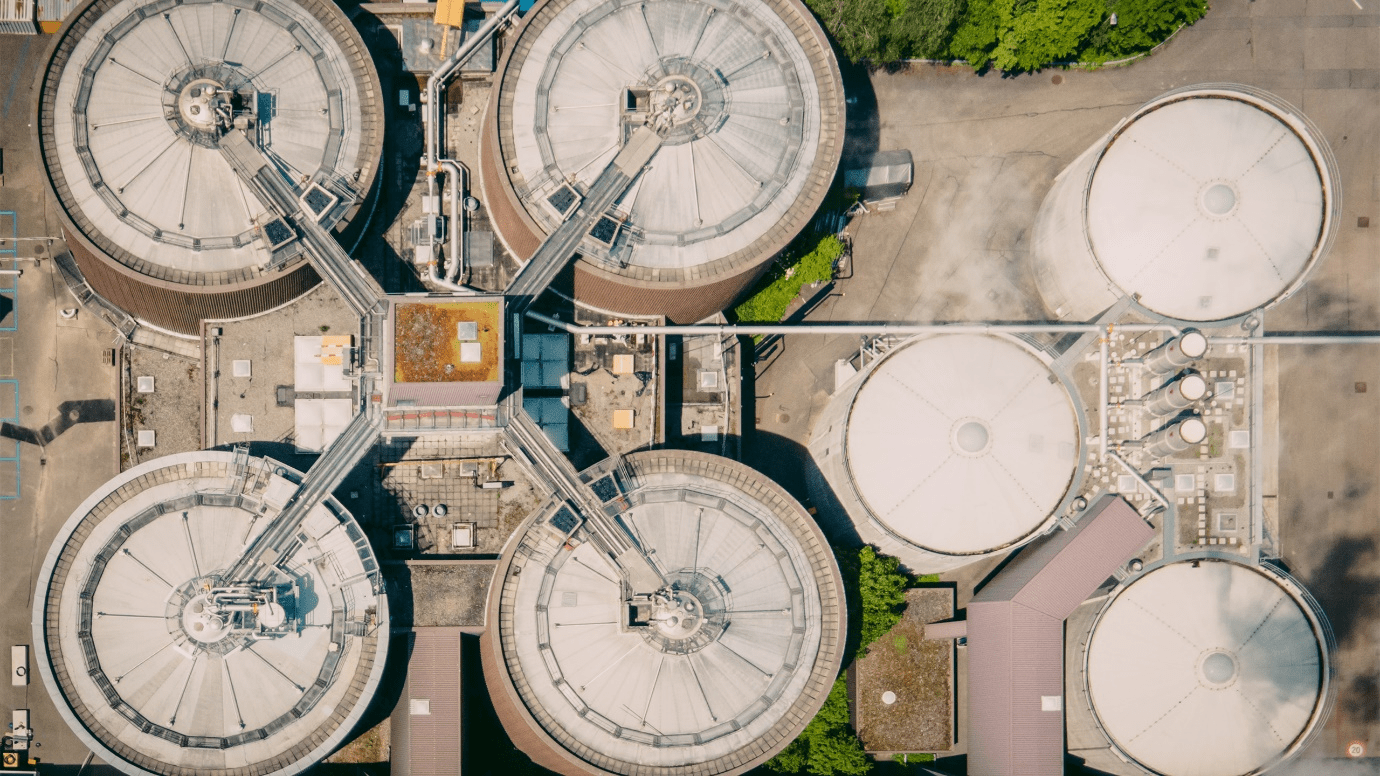
Why Skills-First Leadership Is Replacing the Ivy League Playbook in the C-Suite
The old prestige pyramid—where Ivy League degrees and blue-chip consulting backgrounds paved the way to the CEO seat—is cracking.

April 29, 2022: -An Australian plant that converts human waste into fertilizer and energy is opening, with those involved in the project hoping to reduce carbon emissions and save money.
It is located at the Loganholme Wastewater Treatment Plant in Logan City, Queensland; the biosolids gasification facility is created by Logan Water, the water business of Logan City Council.
According to the council, the 28 million Australian dollars facility “blasts sewage with high heat.” The Australian Renewable Energy Agency had given $6 million in funding for the project.
The end product from the process is odorless biochar which can be used as a fertilizer in agriculture, among other things. On Tuesday, the council described the facility as “the first of its kind in Australia.”
Logan Water collaborates with a range of partners to deliver the project’s gasifier. A vital component of the project was the installation of two industrial strength driers constructed in Germany by ELIQUO, a Dutch firm. The driers weigh 34 metric tons and are 18 meters in length.
“The gasification process includes biosolids being dewatered, dried, and treated at high temperatures,” the council said.
Before the facility’s opening, trucks had taken the sewage sludge to another site where it was repurposed as low-grade fertilizer.
“Operational cost savings and carbon credits will return nearly $1 million annually to the City of Logan while a recent revenue stream will be created from biochar sales,” according to the council. It added that carbon emissions would be lowered by roughly 6,000 metric tons per year.
Reusing organic matter or waste in industrial processes and other initiatives is not new.
In February 2021, it was announced that a biogas facility off the south coast of England would provide electricity to a factory operated by Danish wind turbine maker Vestas.
Although, Reading, a large town west of London, is home to a fleet of over 58 bio-gas buses using biomethane from cattle slurry and food waste.
In Australia, it was announced in the previous August that researchers would work with utilities and investigate using wastewater in hydrogen production.

The old prestige pyramid—where Ivy League degrees and blue-chip consulting backgrounds paved the way to the CEO seat—is cracking.

Loud leaders once ruled the boardroom. Charisma was currency. Big talk drove big valuations.

But the CEOs who make history in downturns aren’t the ones with the deepest cuts

Companies invest millions in leadership development, yet many of their best executives leave within a few years. Why?

The most successful business leaders don’t just identify gaps in the market; they anticipate future needs before anyone else.

With technological advancements, shifting consumer expectations, and global interconnectedness, the role of business leaders

Maushum Basu is a visionary leader who inspires his team with a clear, compelling purpose. Unafraid to take calculated risks, he understands that growth often stems from change and innovation. His deep commitment to both Airia Brands, Inc.

When speaking with Martin Paquette, one thing is immediately apparent: he’s honest. His transparency is refreshing. While many shy away from such vulnerability, Paquette sees it as a force to reckon with. The incredible emotional intelligence speaks to years of looking within—it’s also what allows him to acknowledge his mistakes gracefully and use them as opportunities to innovate.

Marina Charriere, CEO of Star Drug Testing Services, Star Drug Testing Services (Windsor Park), and First Defence Face Masks go hand in hand. Star is a drug and alcohol testing facility, and First D F M is a face mask company.

Lejjy Gafour, CEO, CULT Food Science Corp. Lejjy is a self-taught entrepreneur and experienced company operator who made his start creating opportunities at the young age of 14, and he has been working, leading, and building businesses ever since.


Leave us a message
Subscribe
Fill the form our team will contact you
Advertise with us
Fill the form our team will contact you